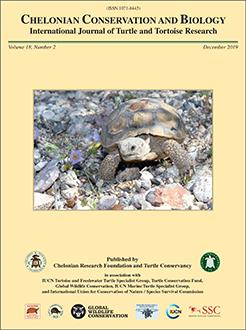Now I see it— it nudges with its bulldog head the slippery stems of the lilies, making them tremble; and now it noses along in the wake of the little brown teal
who is leading her soft children from one side of the pond to the other; she keeps close to the edge and they follow closely, the good children—
the tender children, the sweet children, dangling their pretty feet into the darkness. And now will come—I can count on it—the murky splash,
the certain victory of that pink and gassy mouth, and the frantic circling of the hen while the rest of the chicks flare away over the water and into the reeds, and my heart
except that the great and cruel mystery of the world, of which this is a part, not to be denied. Once, I happened to see, on a city street, in summer,
a dusty, fouled turtle plodded along— a snapper— broken out I suppose from some backyard cage— and I knew what I had to do—
I looked it right in the eyes, and I caught it— I put it, like a small mountain range, into a knapsack, and I took it out of the city, and I let it
Editorial Comment. — Mary Oliver (1935–2019) was a prominent American poet who won the Pulitzer Prize and National Book Award. She studied at Ohio State University and Vassar College, and worked for several years at the estate of Edna St. Vincent Millay. Her first collection of poems was published in 1963 and her fifth, American Primitive, won the Pulitzer Prize for Poetry in 1984. From 1991 to 2001 she held a Chair for Distinguished Teaching at Bennington College, Vermont, close to where I live now. She won the Christopher Award and the L.L. Winship/PEN New England Award for House of Light in 1990, and the National Book Award for New and Selected Poems in 1992. She was influenced by Walt Whitman and Henry David Thoreau, and is known for her clear and poignant observances of the natural world. Her poetry finds inspiration in nature and life, and she describes the sense of wonder and purpose it instilled in her: “When it's over, I want to say: all my life I was a bride married to amazement. I was the bridegroom, taking the world into my arms. When it's over, I don't want to wonder if I have made of my life something particular, and real. I don't want to find myself sighing and frightened, or full of argument. I don't want to end up simply having visited this world” (from When Death Comes in New and Selected Poems).
This poem, Turtle, conveys the life and death reality of nature as she encounters two separate snapping turtles (near her home in Provincetown on Cape Cod in Massachusetts) and movingly captures her different emotions and reactions to the two contrasting scenarios. For the second turtle, her purposeful action made a difference in its life, as all of us should always try to do.





